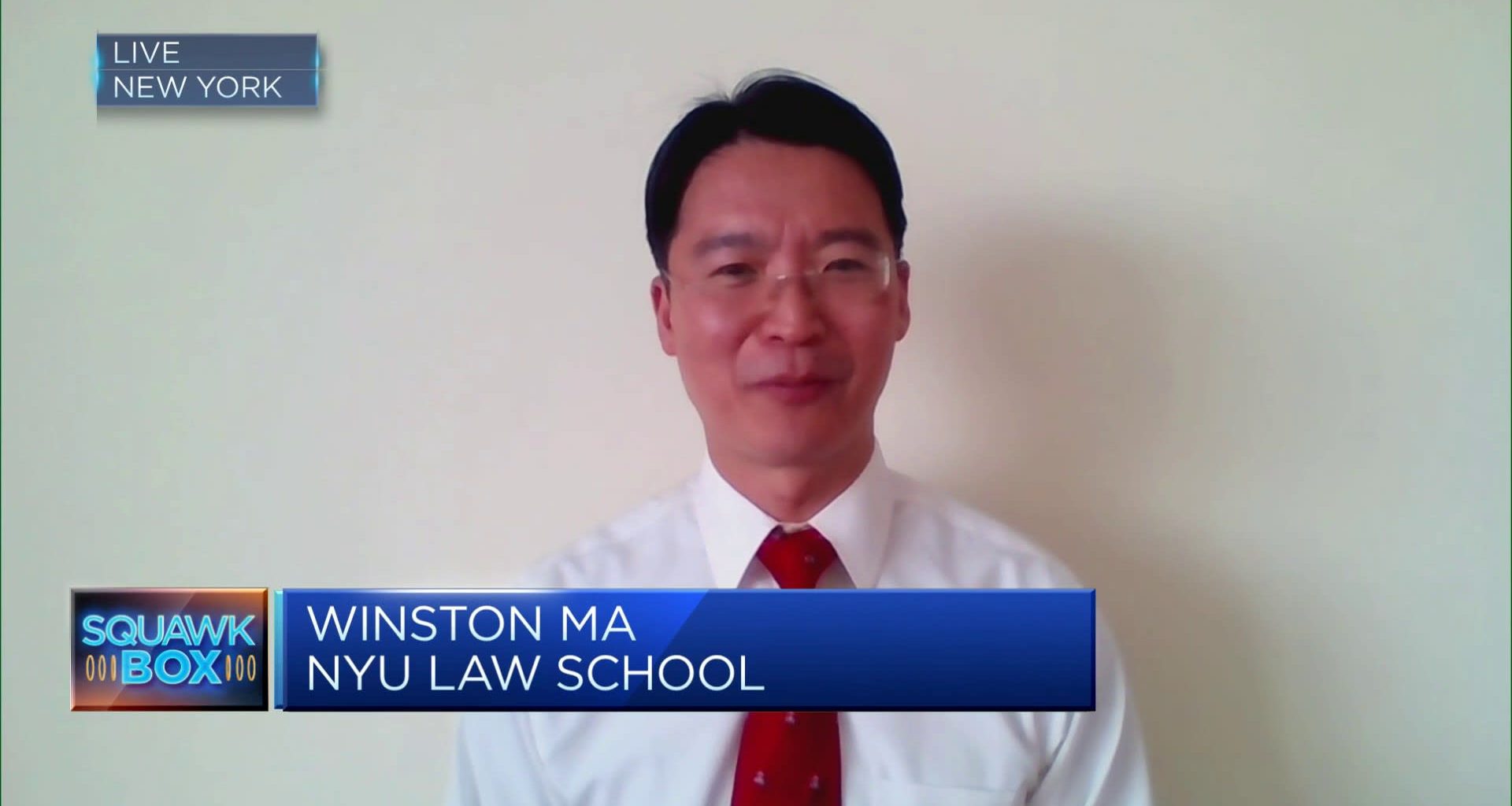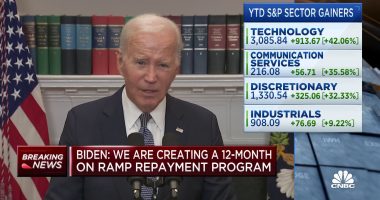Sinology | Moment | Getty Images
The U.S. could further tighten restrictions on China’s access to chip technology critical for artificial intelligence, Bloomberg reported on Tuesday.
The Biden administration is weighing actions that would target high-tech chip architecture known as gate all-around, Bloomberg reported, citing sources familiar with the matter. GAA refers to new transistor architecture that could lead to better performance and lower power consumption.
South Korea’s Samsung Electronics has already started production for 3-nanometer chips with GAA technology. Taiwan Semiconductor Manufacturing Company reportedly plans to include GAA in its upcoming 2-nanometer chips.
Shares of TSMC and Samsung Electronics were up 1.6% and 0.4%, respectively, in Wednesday morning trading in Asia.
Bloomberg noted its sources said the U.S. is still “determining the scope of a potential rule” and that it was not immediately clear when that process would conclude. The report said the U.S. measures would seek to make it more difficult for China to put together advanced computing systems required to build and run AI models.
The U.S. Department of Commerce and the Bureau of Industry and Security, which oversees export controls, did not immediately respond to CNBC’s request for comment.

The U.S. passed a series of export controls starting in October 2022 aimed at restricting China’s access to advanced chip technology, particularly those used in AI applications. It then further tightened export curbs on AI chips to China in October last year, seeking to halt shipments of the more advanced chips from Nvidia and other firms.
Bloomberg reported that a draft version of the potential GAA restrictions was deemed “overly broad.” It added that it was not clear if the measure would target China’s GAA development or bar foreign companies from selling to China.
In May, China piled 344 billion Chinese yuan ($47.5 billion) into a third semiconductor fund, seen as a move to boost “self-reliance in science and technology.” The move comes as countries like the U.S. and the Netherlands seek to curb China’s tech power.
Earlier this year, the Dutch government barred chip equipment maker ASML from exporting some of its tools to China.
Read the full report on Bloomberg.
Read More: World News | Entertainment News | Celeb News
CNBC








